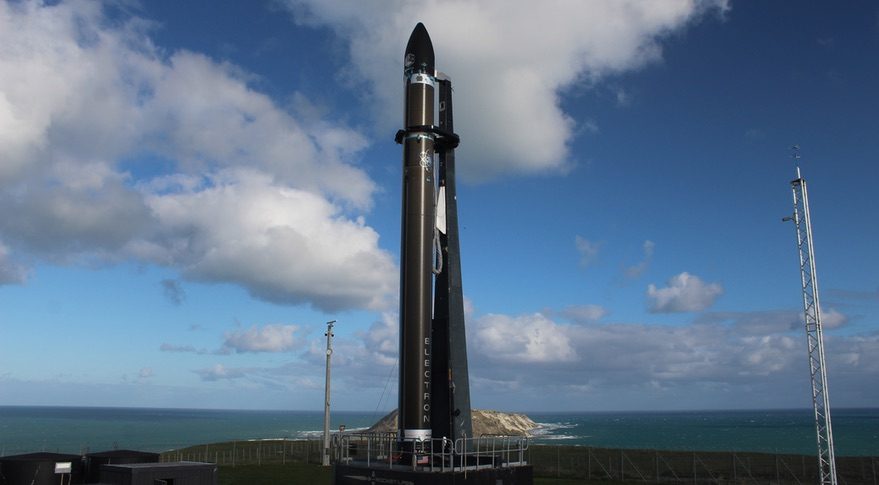Rocket Lab to resume launches in June
Rocket Lab to resume launches in June

WASHINGTON — Rocket Lab will resume launches of its Electron small launch vehicle in June as the effects of the coronavirus pandemic ease at its New Zealand launch site.
The company announced May 28 it has rescheduled an Electron launch for June 11 local time from its launch site on New Zealand’s Mahia Peninsula. That launch was previously scheduled for March 30 but postponed because of a lockdown imposed by the New Zealand government in response to the pandemic.
The launch, called “Don’t Stop Me Now” by the company, has the same set of payloads as what the company originally announced in March. That includes three unidentified payloads for the National Reconnaissance Office, the ANDESITE (Ad-hoc Network Demonstration for Extended Satellite-based Inquiry and other Team Endeavors) cubesat built by students at Boston University and whose launch was arranged by NASA, and M2 Pathfinder built by the University of New South Wales Canberra.
The announcement of the new launch date comes as New Zealand scales back its response to the pandemic. The country stepped down to Alert Level 2 of its response plan May 29 (local time), allowing larger gatherings of people, as the country has reported only a handful of new cases of COVID-19 since the middle of the month.
Rocket Lab said in its statement about the launch that it will continue to use “enhanced health and safety processes” for employees working on this launch, including physical distancing, split shifts and enhanced cleaning.
The company hasn’t announced plans for future Electron rockets, or an update on its new Launch Complex (LC) 2 in Virginia. The company rolled an Electron out to the pad at LC-2 this spring for tests, including a brief static fire of its nine first stage engines. However, the first Electron launch from LC-2, of Air Force Research Lab smallsat called Monolith, is not expected until at least the third quarter of this year, as the company waits for NASA to certify the rocket’s autonomous flight termination system.
Comments
Post a Comment